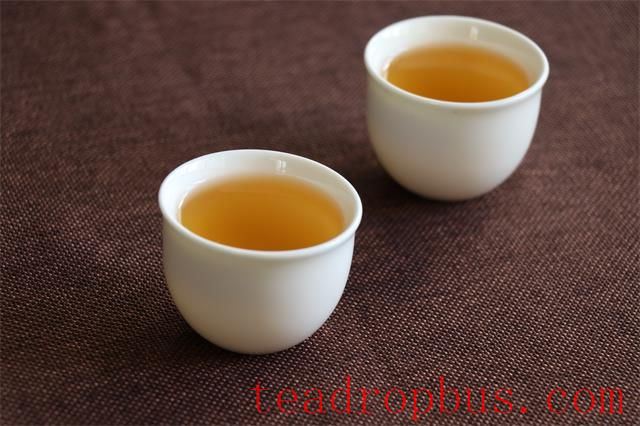Strong Tea does not help to sober up. Tea contains substances such as Caffeine, and these are present in relatively high amounts. These active substances can invigorate the mind and increase heart rate. Drinking strong tea after being drunk can further exacerbate the burden on the heart and body. Additionally, drinking strong tea can also accelerate urination, increasing the burden on the kidneys; it is therefore counterproductive for sobering up.

Does Strong Tea Sober You Up?
Strong tea cannot help to sober you up. To sober up means to accelerate the breakdown and metabolism of alcohol in the body, thus helping a person regain consciousness or self-control. Although the caffeine and polyphenols in strong tea can stimulate the nervous system and have a refreshing effect, they do not help with sobriety. Moreover, drinking strong tea after alcohol consumption can increase the burden on the heart, exacerbating symptoms like palpitations and dizziness.
Furthermore, drinking strong tea after alcohol can also increase the burden on the liver and kidneys. Alcohol needs to be metabolized by the liver and then excreted through the kidneys. The same is true for the polyphenols and caffeine in strong tea. Additionally, strong tea has a diuretic effect, which can cause unmetabolized acetaldehyde from alcohol to enter the kidneys, potentially causing kidney damage. Therefore, drinking strong tea after alcohol not only fails to help with sobriety but may also harm health.
If you want to sober up, you can drink orange juice, celery juice, or eat oatmeal. If the intoxication is severe or there is alcohol poisoning, medical treatment should be sought promptly.

What Are the Dangers of Drinking Strong Tea?
1. Central Nervous System: The caffeine and theobromine in strong tea can increase the excitability of the central nervous system, leading to excessive stimulation of the brain and possibly causing insomnia.
2. Gastrointestinal Tract: The caffeine and theobromine in strong tea can promote gastric juice secretion and increase gastrointestinal motility. Long-term consumption of strong tea can irritate the stomach lining, causing symptoms such as nausea, vomiting, and diarrhea. It can also increase the risk of developing conditions like gastritis, gastric ulcers, and duodenal ulcers.
3. Heart: Drinking strong tea can stimulate the sympathetic nervous system, causing an increase in heart rate. For individuals with hypertension or heart disease, consuming large amounts of strong tea may worsen their condition and even lead to other discomforts.
4. Kidneys: Strong tea contains fluoride, which is primarily metabolized by the kidneys. Consuming large amounts of fluoride through strong tea can increase the burden on the kidneys. Furthermore, the tannic acid in tea can contribute to the formation of kidney stones over time.

5. Other Effects: During medication, drinking large amounts of strong tea can reduce the effectiveness of drugs. Components in strong tea can inhibit the action of medications or cause them to break down, which is detrimental to treating illnesses. Additionally, drinking strong tea may affect the absorption of calcium and accelerate its excretion, leading to calcium deficiency, osteoporosis, and even fractures. Furthermore, the high levels of tannic acid in strong tea can interfere with iron absorption, leading to anemia and related issues.
It is recommended to drink less or avoid strong tea to prevent adverse effects on your health. Light tea can be consumed in moderation instead.